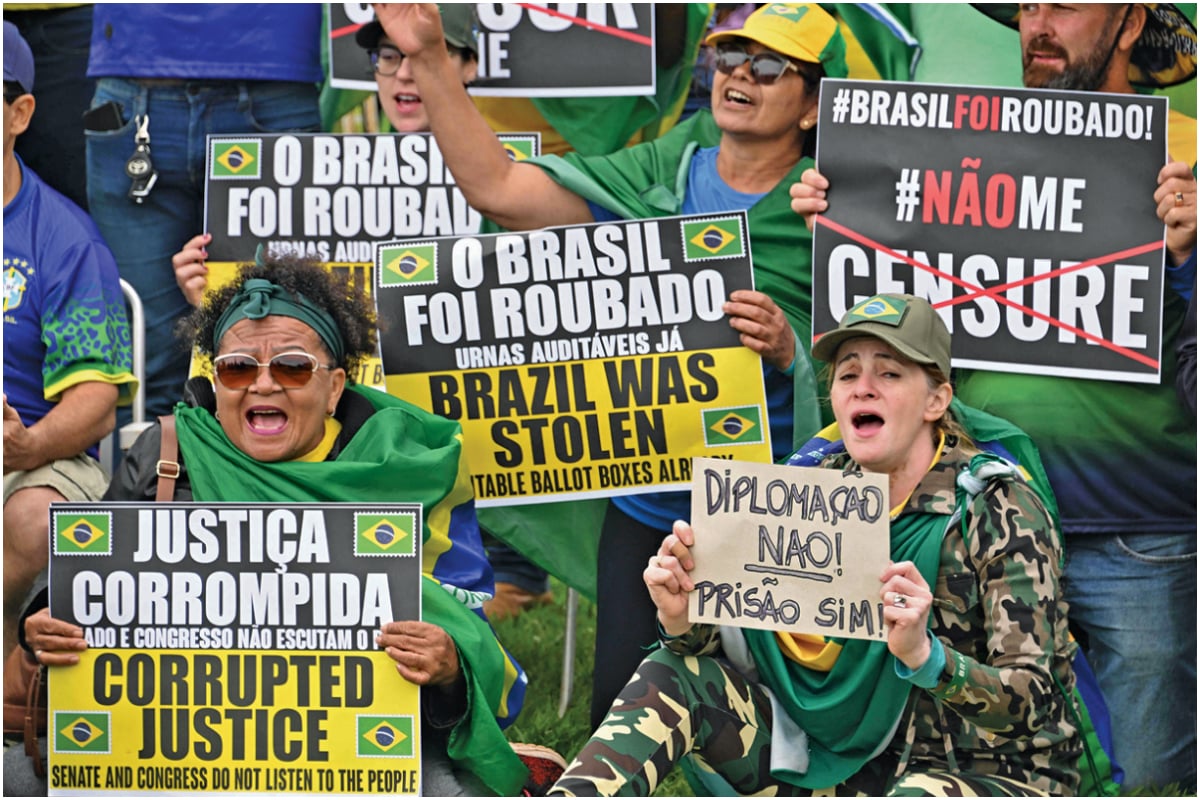
Brazil’s presidential elections and defeat of right-wing populist politics
The people of Brazil have again defeated the right-wing populist extremists and given the left-wing populist Workers’ Party a victory. Before that, the Brazilian people had to go through bitter and painful stages during the democratic struggle after the martial law of 1964. Wherever totalitarian dictatorships and military governments were established in the world after the World War II, the main purpose of establishing these governments was to fulfil a global agenda.
The inevitable result was to use the people and resources of such a country as fuel for the imperialist Cold War being fought around the world. The Cold War was to defeat an alternative system emerging in the world against capitalism and its defensive power. The Cold War was an undeclared confrontation between capitalism and socialism, one side of which had comprehensively planned the formal mechanism, scope, methods and battlefields of the war, while the other side was completely ignorant of the beginning and rise of this war. Thus, there is not much difference in the history of dictatorship and democracy in Brazil and Pakistan.
We cannot say that after the establishment of Pakistan in 1947, the state power that violated the clear constitutional, democratic, federal and parliamentary ideas of the father of the nation was a reformist administration or an anti-reform administration but it is certain that this administration could not afford to deviate openly from the visions of Quaid-e-Azam, so an alternative authority and its alternative narrative were being prepared during this period.
Especially in Brazil, the services of imperialism continued to be hired to replace the reformist authorities with a pro-imperialist alternative administration. This resulted in martial law in both countries. Both the martial law of 1958 in Pakistan and 1964 in Brazil were exactly in line with the imperialist requirements in terms of their structure, nature and purpose.
During this period, the demands of the Cold War were showing their full effect in politics and society in both the countries. The ruling elites of both the countries seemed eager to get the support and blessings of the then US president, the Department of Defence and the CIA in the US White House, the Pentagon and Langley, Virginia.
Besides, the pro-people and pro-patriot forces were busy aligning themselves through different means. In Brazil, military intelligence officers revolted against the Labour Party there. Brazilian President João Goulart was very popular among the labour unions, he had previously served as the Brazil’s minister of labour in 1953 and 1954. Despite his modern political attitudes, President Goulart had become an undesirable politician for the conservative political elite.
Besides, the country’s military junta considered him a left-wing extremist. His election as vice president in 1959 was no less than an explosion for the right-wing pro-imperialist forces.
In the meantime, when President Jânio Quadros resigned from his position, Goulart became the president of the country according to the constitution. The army opposed Goulart’s appointment. After a long struggle and a year of negotiations between the political parties and talks with the army, on September 7, 1961, all parties agreed to the swearing-in of Goulart. Behind this consent was the condition that Goulart would introduce a parliamentary system of government in place of the presidential system of government in the country and transfer the powers of the president to the parliament.
This style of government did not last long. So, in 1963, Goulart won the presidential election with full powers but in March 1964, he was overthrown and martial law was imposed in the country.
The martial law officials described their decision as an anti-communist operation for imperialist pleasure. The forces that imposed martial law against Goulart had the full support of the right-wing reactionary and conservative politicians.
The Brazilian press and media were also actively supporting the martial law. Apart from the Catholic Church, the martial law was also supported by the wealthiest provincial governors and liberal elites.
In Brazil, it was assumed that due to the political power, organisational strategy and ideological coherence of the leftist political parties, labour and student organisations, President Goulart would not be left alone, but they left him alone in exactly the same way.
Similarly in Pakistan, Zulfikar Ali Bhutto was left alone by the leftist political parties, nationalists and intellectuals, compared with General Zia. Mir Ghous Bakhsh Bizenjo had warned the left wing forces in the Congress of the Communist Party held in Peshawar in 1973 that the way they are pushing Bhutto towards the establishment and Jamaat-e-Islami by isolating Bhutto politically, it will affect all of us.
A plan had created distance between the Brazilian left forces and Goulart in the same way as Bhutto and the left had been created by the Balochistan operation, the ban on National Accountability Bureau and the arrest of Meraj Mohammad Khan and other leaders. The difference between Goulart and Bhutto was that Bhutto decided to stay and face the situation, while Goulart decided to move from Brazil to Uruguay with his colleagues.
Meanwhile, Brazil’s military junta arrested the left-wing politicians, labour and student leaders. Now, the military junta of Brazil started the process of farming in politics. The right-wing political parties wanted the military to remove the political influence of Goulart from politics and hand over the political arena to them.
In the meantime, the Brazilian military introduced the doctrine of national security, which was meant to destroy the pro-Russian left-wing political forces and transfer the power and popular support to the right-wing political parties in view of the Washington’s interests.
Military junta’s president Castelo Branco who promised to hold early elections, never fulfilled his promise and extended his term till 1967.
During this period, President Castelo introduced the so-called press laws, the National Security Law and a new constitution. Under this constitution, the president was made more autocratic and centralised. Thus, the state and its political system became subject to the army. Along with this, civil liberties were restricted. Censorship was also implemented in the country to establish state terror.
When the situation became unbearable, the signs of resistance began to emerge in the society. The left-wing intellectuals, journalists and socialist political activists started criticising military dictatorship. Anti-martial law forces were mobilised with greater energy on the cultural and educational fronts. In response, the military government invested in the cultural front and began patronising theatre and film.
In response to these government measures, a progressive movement of people from the lower class, as well as the middle class began, which was also supported by the Catholic papacy. In those days, the Second Vatican Council announced its reforms. The support of the independence movement by the Catholic Church played a fundamental role in involving the people in the cities and villages in the progressive political process.
During this time, the atrocities committed by the military on the people were regularly recorded and archived in the US State Department, Brown University and the State University of Maringa. A similar record has also been secured in Brazil.
During the period of martial law, terror in Brazil, labour organisations, left-wing artists, intellectuals and priests associated with the liberation ideology of the Church, working at the national level, denounced the Workers’ Party in a private Catholic girls’ school on February 10, 1989. Before its establishment, this party had started a series of nationwide strikes with the platforms of different names.
This group included mostly journalists, intellectuals, labour leaders and artists. During this period, those who had gone into exile after the imposition of the martial law began to return and the way was paved for their return after the implementation of the amnesty law.
Luiz Inácio Lula da Silva was instrumental in organising general strikes during the martial law era. In those days, pro-Stalin and anti-Stalin trends and attitudes also emerged but the party ended the pro-Russian and pro-Chinese debates and started a new political process with the slogan of a new democratic socialism.
The right-wing political parties were established in Brazil under the patronage of the military and they were entrusted with the powers. However, in the general elections of 2002, Luiz Inácio Lula da Silva won and was elected president. For the next term, his chief of staff, Dilma Vana Rousseff, was elected president.
Before the recent presidential election, Jair Bolsonaro was elected president with the support of the right-wing populist party Social Liberal Party, Liberal Party and independent political circles. The victory of left-wing Workers’ Party candidate and former Brazilian president Luiz Inácio Lula da Silva in the elections of 2022 has indicated new political trends in Latin America. This shows that the party is not over yet but has just begun.
The recent failures of the right-wing started with the failure of the former US populist President Donald Trump and the Tory party, which won the election four years ago in the United Kingdom, seems to be suffering from the crisis after change of four prime ministers.
Let’s see, which countries of the continents are affected by the crisis of the right-wing populist leadership.
Catch all the The Globe News, Breaking News Event and Latest News Updates on The BOL News
Download The BOL News App to get the Daily News Update & Live News.





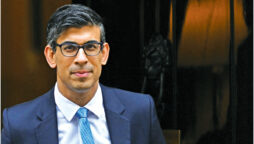

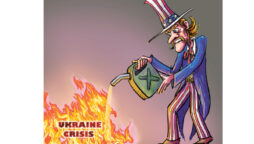
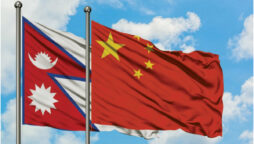
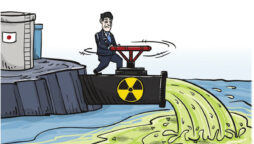

 Read the complete story text.
Read the complete story text. Listen to audio of the story.
Listen to audio of the story.